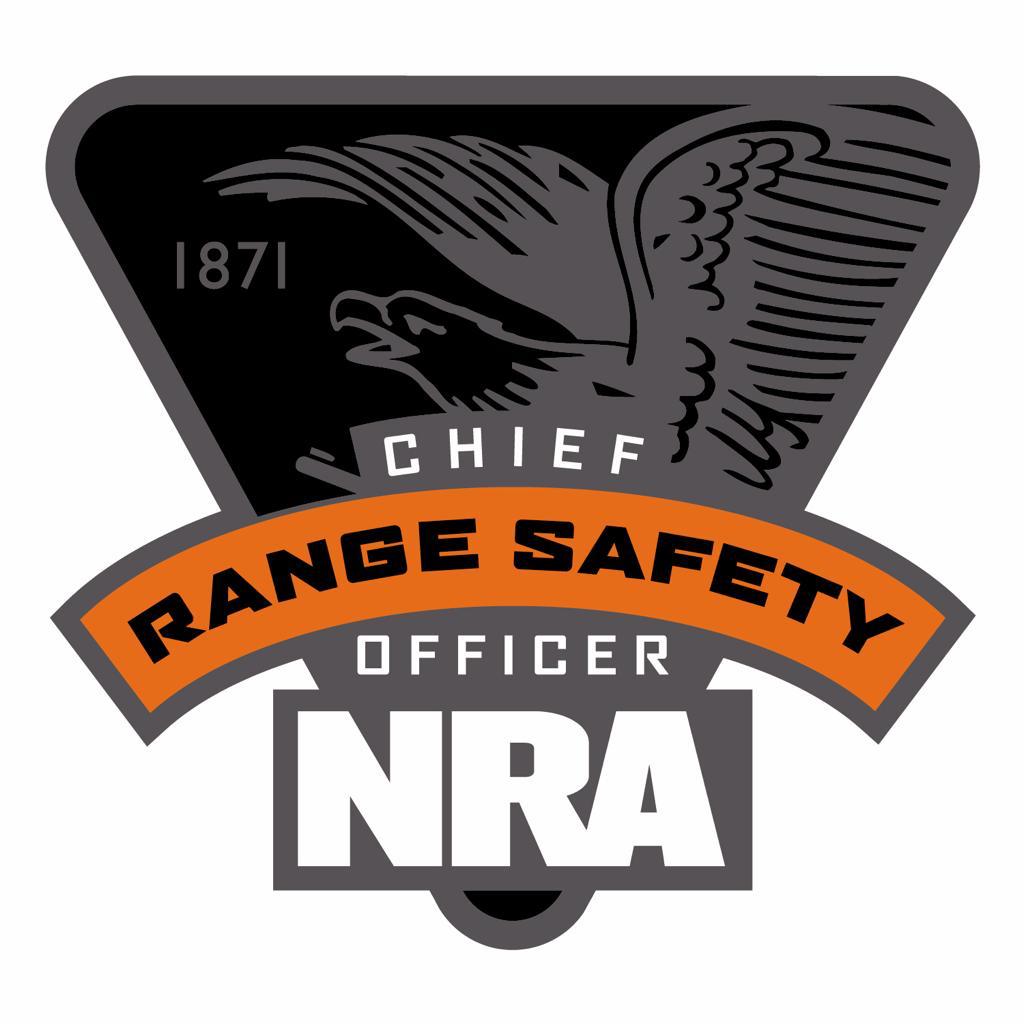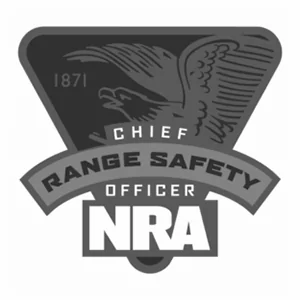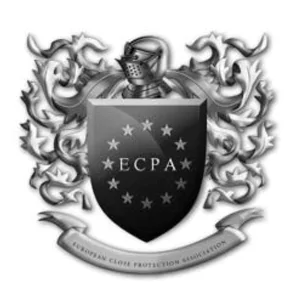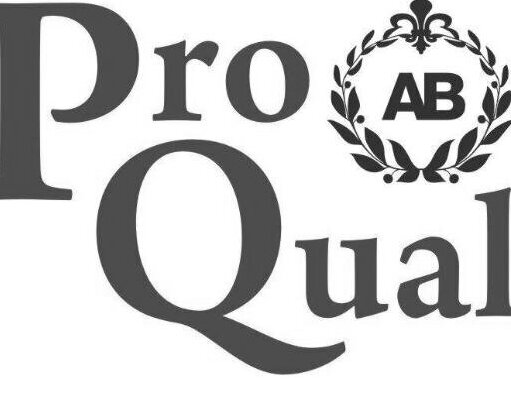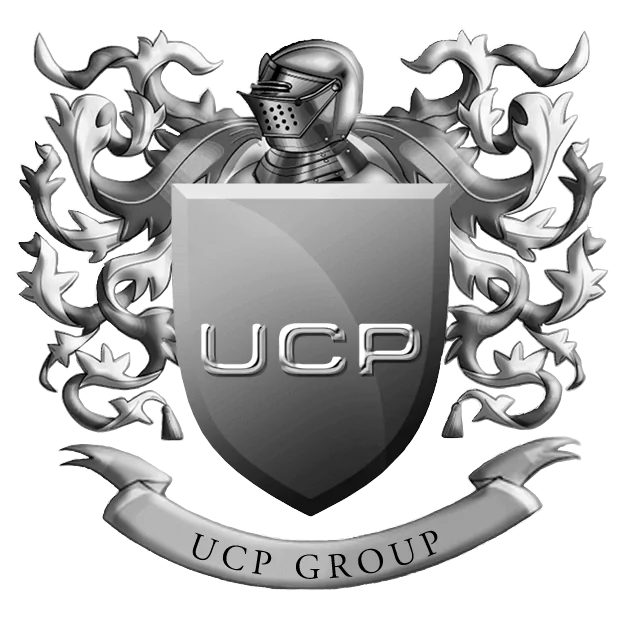WHO IS THIS COURSE FOR?
This course was designed by our former military and private military contractors to introduce mainly former military into the world of the private security contractor. Based on the standards and workings of private contracting companies such as Guardaworld and Constellis and Blue Hackle and Aegis.
Anyone wishing to enter the high-risk industry of close protection armed sector.
The 7-day UCP course also gives the learner the minimum requirements to apply for overseas high-risk jobs such as Middle East, Africa, and South America.
COURSE INFORMATION
Security Services: PMCs often provide security services for a range of clients, including diplomatic missions, government buildings, corporate offices, and critical infrastructure such as oil fields and transportation hubs. This can involve physical security measures such as guarding premises, conducting patrols, and managing access control systems.
Armed Combat and Training: Some PMCs are engaged in armed combat operations, either in support of national military forces or as part of security operations for private clients. They may also provide training and advisory services to military and law enforcement organizations, both domestically and internationally.
Logistical Support: PMCs may provide logistical support services such as transportation, supply chain management, and infrastructure development for military or security operations. This can include everything from providing armored vehicles and aircraft to establishing temporary bases and communications networks.
Intelligence and Analysis: Some PMCs offer intelligence gathering, analysis, and surveillance services to clients seeking to gather information on potential threats or competitors. This can involve both human intelligence (HUMINT) and technical intelligence (SIGINT, IMINT) capabilities.
Counterterrorism and Counterinsurgency: PMCs may be contracted to conduct counterterrorism or counterinsurgency operations on behalf of governments or private clients. This can involve everything from targeted strikes against terrorist leaders to community engagement and capacity-building initiatives aimed at countering extremist ideologies.
Maritime Security: PMCs often provide security services for maritime vessels operating in high-risk areas such as piracy-prone waters. This can include armed guards aboard ships, as well as consulting services to help shipping companies develop risk mitigation strategies.
The role of private military contractors in the private sector of security is significant and continues to evolve. Their ability to provide specialized services tailored to the needs of individual clients, often with greater flexibility and efficiency than traditional military or law enforcement agencies, makes them attractive options for governments and corporations seeking to enhance their security posture. However, PMCs also raise ethical, legal, and regulatory concerns, particularly regarding accountability, transparency, and the potential for human rights abuses. As a result, there is ongoing debate and scrutiny surrounding their use and regulation.
Training Requirements:
Weapons Proficiency: PMC operators must be proficient in the use of firearms and other weapons commonly used in security operations. This includes marksmanship, tactical shooting, and weapons maintenance.
Tactical Training: Operators often undergo training in tactical maneuvers, close-quarters combat, urban warfare, and other specialized skills relevant to their operational environments.
First Aid and Medical Training: Given the potential for injuries or medical emergencies in security operations, PMC operators typically receive training in first aid, emergency response, and combat casualty care.
Security Protocols and Procedures: Operators are trained in security protocols, standard operating procedures (SOPs), and rules of engagement (ROE) to ensure compliance with legal and ethical standards.
Cultural and Language Training: For deployments in foreign environments, PMC operators may undergo cultural awareness training and language instruction to facilitate communication and enhance operational effectiveness.
Course Cost
£2250
Location
London/Kent (United Kingdom) and Bangkok (Thailand)
Course Dates
20th of every month
Course Length
7 Days
70 GLH and 100 TQT (Flexible format: Full-time or Modular)
Qualification
- UCP Level 2 Basic Award in First Aid at Work Awareness
- UCP Level 4 Private Military Contracting Operator
- UCP Level 3 Weapons Proficiency Award
Assessments
Internally Set And Internally Assessed Practical Tasks
Skill Prerequisites
- IOF eLearning Level 1 Basic Pistol
- IOF eLearning Level 1 Basic Carbine
- IOF eLearning basic Medic
COURSE CONTENTS
- Threat assessment and risk analysis – Introduction to PMCO
- pre-deployment administrative requirements and introduction to operating in Hostile Environments. Rules on use of Force.
- Cultural, IED Awareness.
- Foot formations.
- Vehicle Convoy – Arrivals and Departures.
- Roles and responsibilities of a PSD Team.
- SOP’s on Providing Security in High-Risk locations.
- Ambush vehicle and foot force-on-force scenarios with the use of Simunition.
- Reaction to attack Drills with VIP and as PSD Team and Aim of Point Drills.
- Final examination – theory and practice.
- Anti-Ambush Drills (foot and vehicle) reaction to attack.
- PSD/PMC Roles and Responsibilities including small team tactics-communications-reacting to trauma (Casevec) – Search.
- Kidnap for Ransom.
- IOF Level 3 weapons Proficiency Live firearms, which meet the ISO 28007 requirements for both Armed Security in Close Protection and Maritime Anti-Piracy Roles.

